THE WORST KEPT SECRET TO FINANCIAL SUCCESS
Compound interest. It is one of the most important concepts in financial planning. Once you understand the importance of compound interest, it is easier to calculate what you need to save to accomplish your goals. So what is compound interest:
“Compound interest is the addition of interest to the principal sum of a loan or deposit, or in
other words, interest on interest. It is the result of reinvesting interest, rather than paying it out,
so that interest in the next period is then earned on the principal sum plus previously
accumulated interest.”
In other words, it is allowing your money to make money. The earlier in your career you allow the
snowball to get rolling, the bigger the benefit. Here’s how it works:
The red text makes sense. If you consume the extra $5,000, the value for the future is $0. The orange and yellow text above are sometimes difficult to grasp. Over time, things get more expensive (also known as inflation), if your cash or savings accounts aren’t keeping up with inflation, your purchasing power is reduced over time. Thus, your $5,000 is worth less than the original amount 25 years down the line. The really powerful illustration above is the green text. If we take the extra $5,000 and average an 8% rate of return on the initial investment (5% net return above inflation), the $5,000 would have grown to a whopping $16,932. That number still may seem insignificant compared to the balance that you would need for retirement, but if you save the same $5,000 every year during the 25 year period with the same 5% net of inflation rate of return, your total balance becomes $250,567. Now we are getting somewhere!
When Compound Interest Isn’t Always Your Friend
Now let’s add one final wrinkle to the equation. What if you were to charge $5,000 on a credit card and only pay back $200 per month?
A perfect example of compound interest working against you! Not only did the initial use of the $5,000 forgo any future growth, but it ended up costing a total $6,409 over the period of time it took to pay off the balance! It is significantly better to have compound interest working in your favor (not against you)!
Where Do We Go From Here?
I get it, it isn’t realistic to save 100% of your income for the future (we all have to live, right?). How do you know how much to spend, how much to save, and how much should be allocated toward paying off existing debt? We’ve written on the topic in the past (Paying Off Debt vs. Investing) & Budget Lessons From A 3yr Old, but the answer is always going to be as unique as your own personal situation. If you would like help figuring out what number is right for you, reach out to a financial planner you trust.
Thanks for reading,
-Billy Cardwell
Bill Cardwell is the founder and President of Aurora Financial Strategies, a financial advisor practice based out of Kokomo, Indiana. He can be reached at billy@billycardwell.com or by calling (765)438-4682. Advisory Services are offered through Creative Financial Designs, Inc., A Registered Investment Advisor, and Securities are offered through cfd Investments, Inc, a Registered Broker/Dealer, Member FINRA & SIPC. Aurora Financial Strategies is not Owned or Operated by the CFD companies


